Saturday Soapbox: What's In A Box?
When games were more than a download.
Buying games used to be much more fun. You'd go to a store and see shelf after shelf of huge, lavishly pointed boxes all crying out for your attention - most big and rectangular, hiding the occasional weird and wonderful Toblerone shape, or something even wackier. Hours of parent-torturing choice and wandering from shop to shop later, you'd finally decide which one to grace with your pocket money, and watch as the clerk emptied half a ton of manuals and disks and random bits of crap into the box.
Or, if you were smarter, you'd order over the phone for about £15 less, and settle back for the agonising anticipation of waiting two days (or more, if you used certain companies against whose corpses I still hold a grudge) for the postman to drop the Best Game Ever through the door. They'd always be too big for the postbox, so you'd spend Saturday morning on tenterhooks occasionally opening the front door to make sure the bell was still working. What if it doesn't come today? You ordered on Thursday to make sure it arrived on time! Curse the cruel god who gave postmen a day off on Sunday! Do they not know what Monday means? It means school!
Okay, yes - there's a certain amount of potentially misplaced nostalgia here. I admit it; if I'd had the power to simply press a button to get the latest hot game in the 80s or 90s instead of begging my parents or sucking up to luckier kids I couldn't stand, I'd have hit it hard enough to break my thumb.
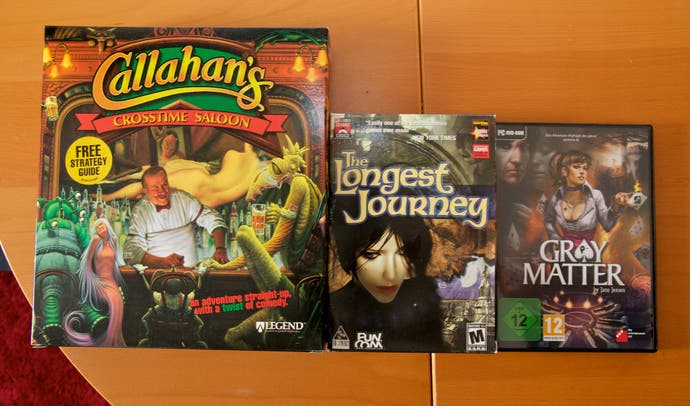
Some experiences are better for a little struggle though, and I maintain that clicking a link in Steam - or, if you swing that way, Origin - simply isn't the same. It's more convenient, no question. It's faster. But just like a paperback book still feels more real than a Kindle download, there's something to be said for a physical thing to lust over and lay your hands on. A row of games on a shelf may take up space, but it also acts as a personal trophy cabinet, an at-a-glance reminder of battles won, universes saved, calls of duty successfully answered. A set of bland DVD cases lacks the same oomph, and even those are on the way out - especially on PC, where direct-download services are king.
I'd tie this into Game's recent troubles, and wax lyrical about how the end of the high-street retailer would mean an end to this - but honestly, the glory days of physical media faded out long, long ago.
It was an age of giant boxes and big manuals; of opening a game and being surprised by a cool little tchotchke often thrown in for no better reason than to make the box rattle seductively. It may have been a stunning waste of paper and cheap plastic respectively, but it helped make new games feel like an investment, somehow helping justify the entry price, even when the only extra you got was some cheaply knocked out little novella that doubled as copy-protection for kids without access to their dad's office photocopier.
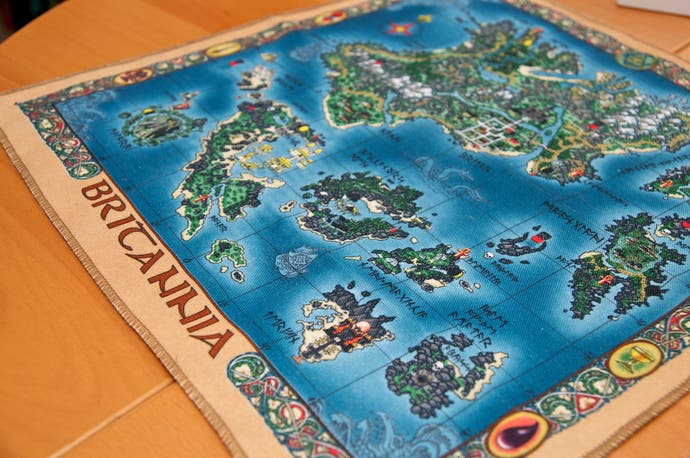
I miss tchotchkes more than anything else from these classic gaming days. Sure, you could argue that modern Collector's Editions serve the same purpose, but that's not really true. A tchotchke is fun because it's thrown in for the hell of it - a minted Zorkmid, a fake newspaper, a cloth map of Britannia written in runes.
Paying another £20 for a cheap plastic statue or an artbook or whatever... well, that's paying another £20 for a cheap plastic statue or an artbook. There's no chance to be surprised there; no sudden 'oooh, neat!' moment in the car on the way home. You get what you ordered, nothing more, often less (I'm looking at you, Fallout 3 PIP-Boy clock thing that can't even be worn).
These 'feelies' could even play an important part in the story itself. Many games would use them for background information for instance, to expand the world past the bit you were pointing and clicking and shooting at in the main game. Infocom's text adventure Deadline, for instance, put you in the role of a detective, compensating for its lack of graphics by providing you with a physical investigation kit consisting of notes, a crime scene photo to help you visualise what you were about to poke around in, and a collection of lab reports and interviews.
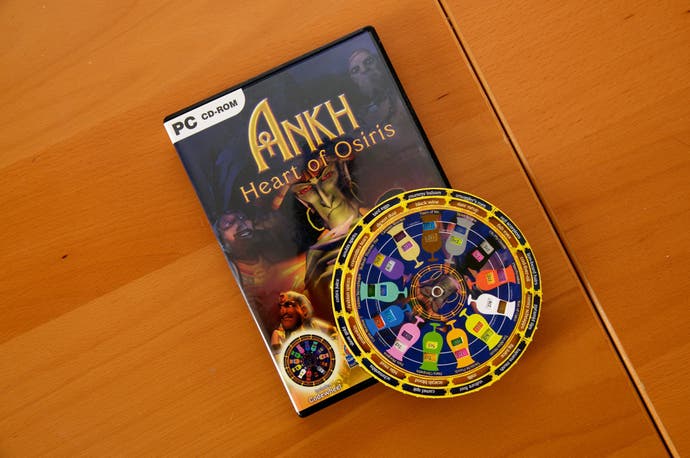
Other favourites of mine include Ultima VII, which came with an excellent second manual written by the game's villains that filled in their history in a far more readable way than working through in-game books. Elite: First Encounters came with a book of short stories. Starglider had a novella that made a hilarious stab at pretending the game's primitive wireframe graphics were really a hyper-advanced tactical assistant. Probably the one I look back on most fondly though was Galactic Enquirer - a full sci-fi tabloid pastiche that came with Space Quest V. News! Adverts! Zany Transporter Bloopers! Copy Protection!
Pragmatically, I'm not as wild about such out-of-context material now as I was then, especially after being burned by too many re-releases that left them out for various reasons. The Good Old Games re-release of Gabriel Knight 3 for instance lacks the physical intro comic, without which you won't have a bloody clue what's going on at the start. Still, they were all cool at the time - a non-ironic, 90s cool, natch - and I jealously hoarded as many of these free little gifts as my shelves and parents could handle.
There have been attempts to bring this kind of thing back, including at least one (now defunct) group that hoped to specialise in feelies for modern text adventure creators and a few individual games. Probably the saddest attempt was the second Ankh game, Heart of Osiris, which tried to get a nostalgic kick by proudly declaring "Includes Codewheel!" on its box. That sound you can't hear is even the most hardcore adventurer's jaws actively not smacking to the ground in awe and wonder.
But never mind. Points for efforts anyway, I guess.
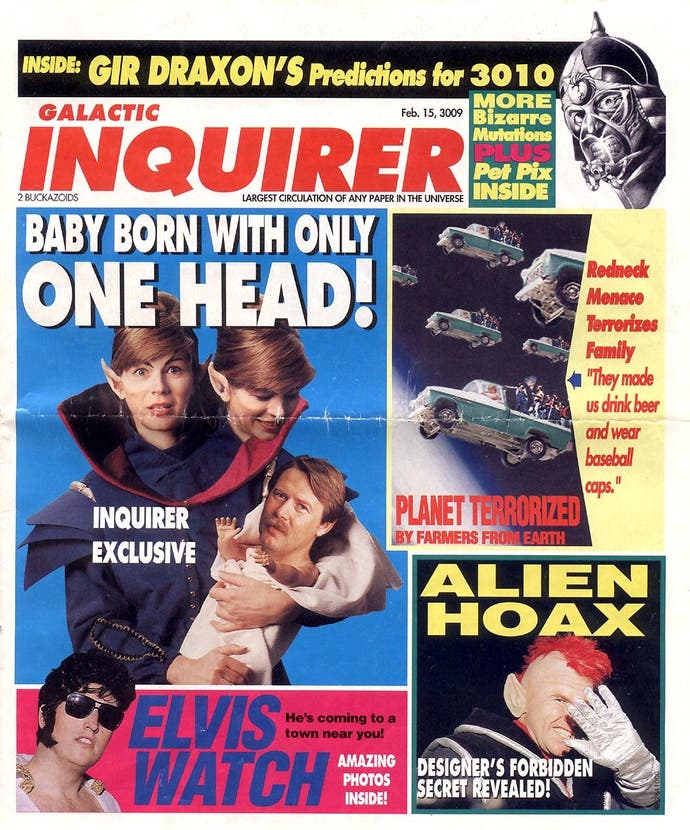
It's no surprise that the big box and bonuses standard fizzled over time. DVD cases were far more economical than large boxes, and as much as many were sad to see those go, just as many were happy to swap to something more space-conscious.
That inherently meant sacrificing the space that would once have contained cool stuff, and the industry was happy to do so. It had long since moved on from the endearing quirkiness of the 80s and 90s, and most of the boxes that would once have contained at least something extra were now nothing but hollow shells containing a CD, a sliver of paper pretending to be a manual, and about 2.3 litres of air from some exotic packaging plant to snort at your leisure.
Commercially, there's no arguing that the current approach makes sense. Nobody's going to skip out the next big computer game because it doesn't come with a cheap pewter tchotchke, just as no modern developer is likely to pull a Richard Garriott and pick their publishing partner based on whether they'll let them bundle a cloth map with the finished game. However much Collector's Editions actually bring in over a regular copy of a game, they're the obvious way to (shudder) 'monetise' fans' love of shinies in 2012.
Still, I miss those days. Walking into a shop. Walking out with a big heavy box that rattled with every step. And the long, long drive back home to my small little town, poring through thick manuals of lore and imagining how much fun I was going to have for the next few years. Clicking a link may be more convenient, but it's always going to be a more hollow experience than the excitement of waiting, ripping open a new box, and being surprised by what lies within. I'm just glad I was around to enjoy the alternative.
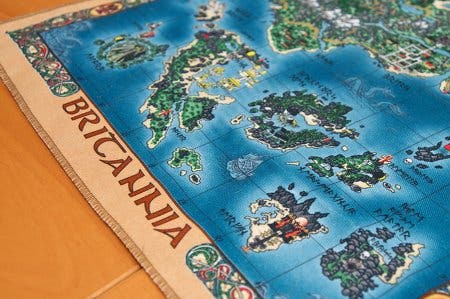

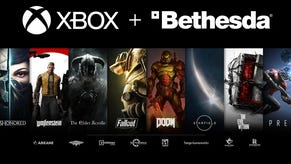
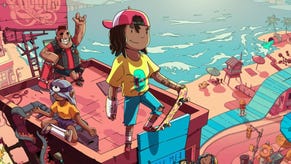


-3-31-23-screenshot.png?width=291&height=164&fit=crop&quality=80&format=jpg&auto=webp)


